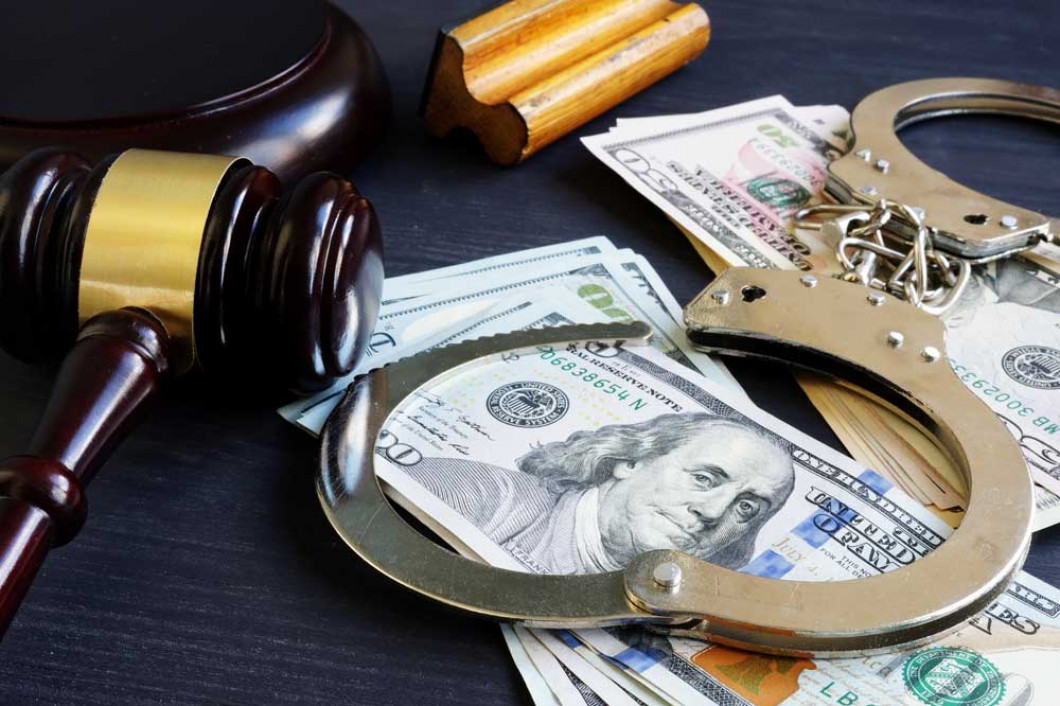
Those heading to trial soon may have heard about the option of purchasing bail bonds. But how exactly do these work, and how does this differ from bail itself? Below is everything you need for a full understanding of bail bonds.
Bail
Shortly after a defendant is arrested, they must go before a judge. During this initial arraignment, the judge will set the amount of the accused’s bail. If the defendant pays this amount, they will be released from jail until the trial begins. At the conclusion of the trial, this bail money is returned to the defendant, regardless of what the jury finds. Should the defendant miss a court appearance, they are denied any further release and forfeit the return of their bail money. Defendants accused of severe crimes or who are at serious risk of avoiding future court appearances may be denied bail entirely.
Bail Bonds
Unfortunately, some bails are set at amounts too expensive for some to afford. This is where bail bonds come in. Bail bonds will only require a fraction of the bail to be paid in cash, usually around 10 percent. However, serious collateral must be given to protect the bail bondsman’s investment. Collateral can come in the form of a house, jewelry, stocks, a car title, etc. Contact a bail bondsman Scranton PA for further specifics.
What Happens Next
If the defendant shows up to all court appearances, then the collateral will be returned to the defendant or their family at the conclusion of the trial. The 10 percent paid, however, will remain with the bondsman as a profit for their services. If the defendant fails to show up for court, the collateral is used to pay the remaining 90 percent of the bail and the defendant must remain in jail for the duration of the trial.
Bail bonds act to help those who could otherwise not afford their freedom. However, whether you pay the bond in full or work through a bondsman, make sure you attend every date of the trial, or that freedom will dissipate.